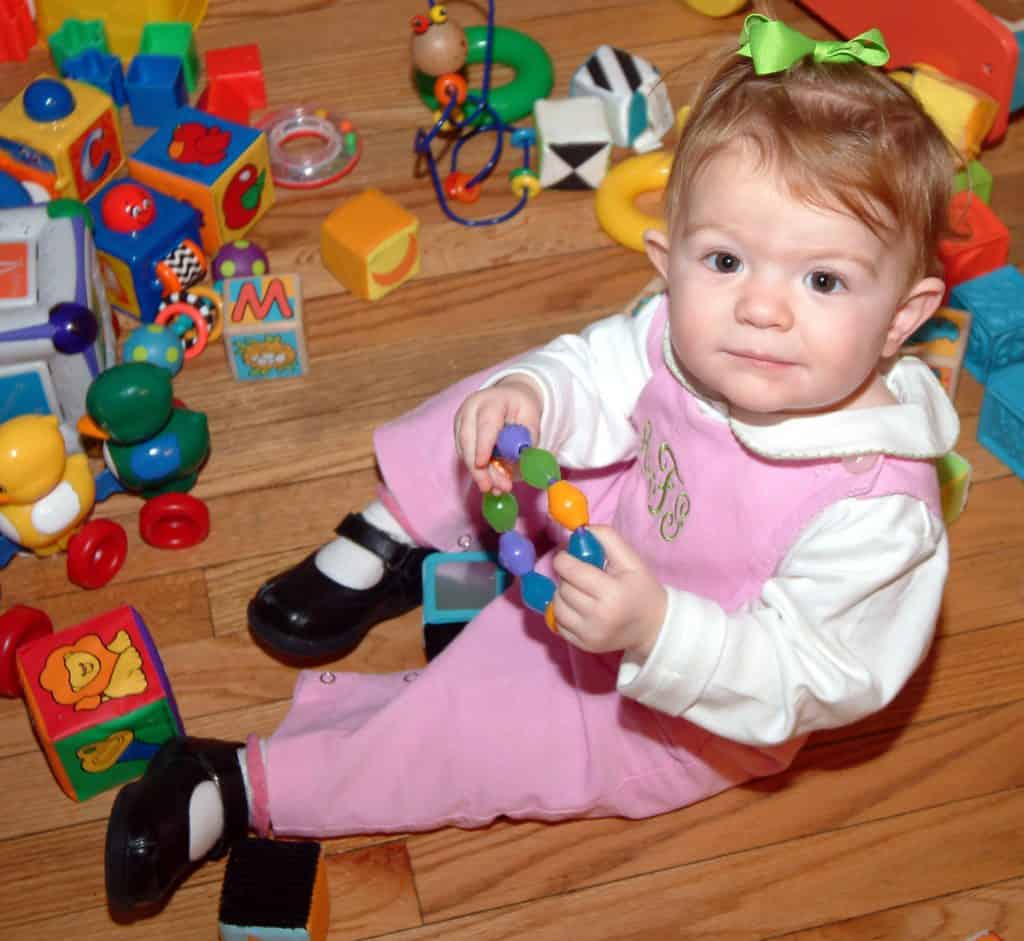Helpful advice on feeding and weaning your baby

Birth to 6 months
The first six months is simple. Your baby should only be eating breast or formula milk. You used to be able to start weaning your baby at four months, but professionals have now raised it to 6 months as there are many health benefits breastfeeding a baby until six months.
From 6 to 9 months
This is when it starts to get interesting. Your baby is more than likely ready to want to eat your food at mealtimes and take things off your plate. You can start your baby on vegetable and fruit sticks as snacks, but at breakfast time, rice cereal or oatmeal is excellent for them, especially if you use the breastmilk or formula milk still.
To avoid your baby preferring sweet foods, most parents start their child off on vegetables. Both fruits and vegetables are introduced in the early stages because they are healthy and nutritious for your baby. You can give them sweet potatoes, peas, beans, pears, bananas, raspberries, watermelon. Don’t worry if your baby doesn’t eat a lot at first, and it is a strange sensation to get used to. You should still give your baby breastmilk or formula milk during the day to keep their nutrition up.
9 to 12 months
Your baby should now be used to chewing and swallowing food. Once your baby has teeth, you can start giving them finger foods such as toast, dry cereal, pasta, chunks of fruit and rice cakes.
You can also start to introduce dairy products such as cheese and yoghurts. Beware, if your child is lactose or dairy intolerant, you can buy special soya yoghurts. Eggs are also a good source of protein for your child. All meats must be shredded or pureed to prevent choking. However, this doesn’t mean you should puree all food because they need to get used to textures and chewing before swallowing.
Foods to avoid
Babies should not eat honey for the first year of life, also, try to avoid cow’s milk until age one, as the proteins are hard for babies to digest.





